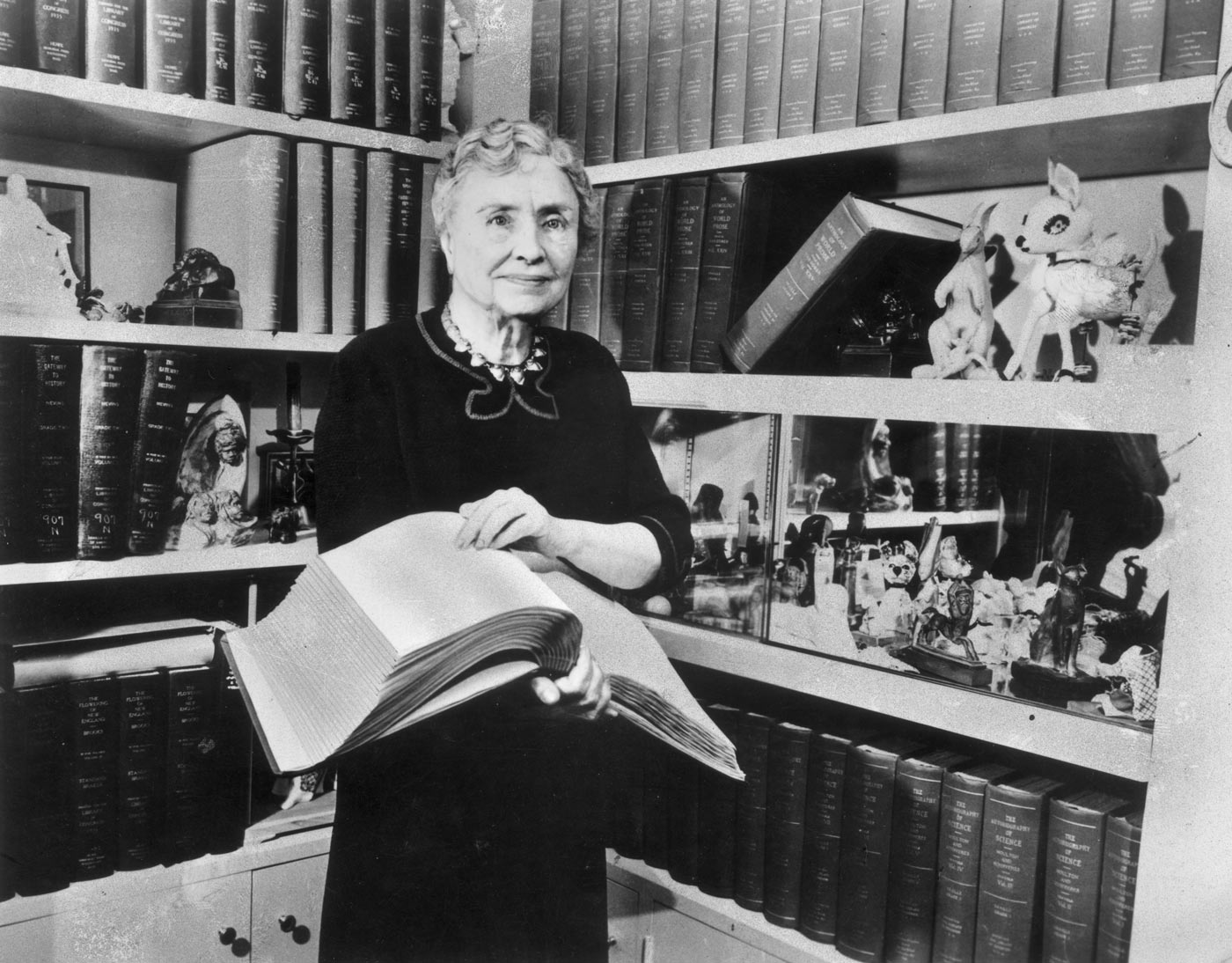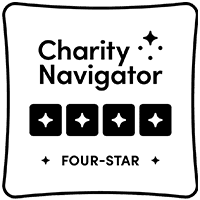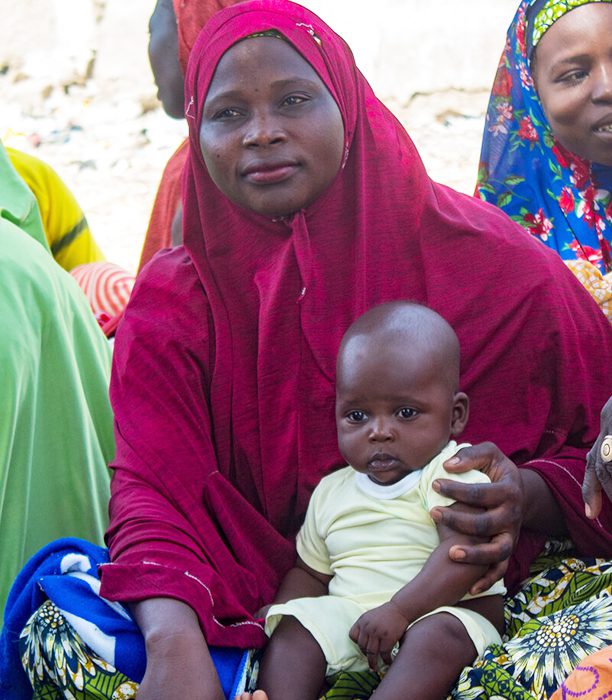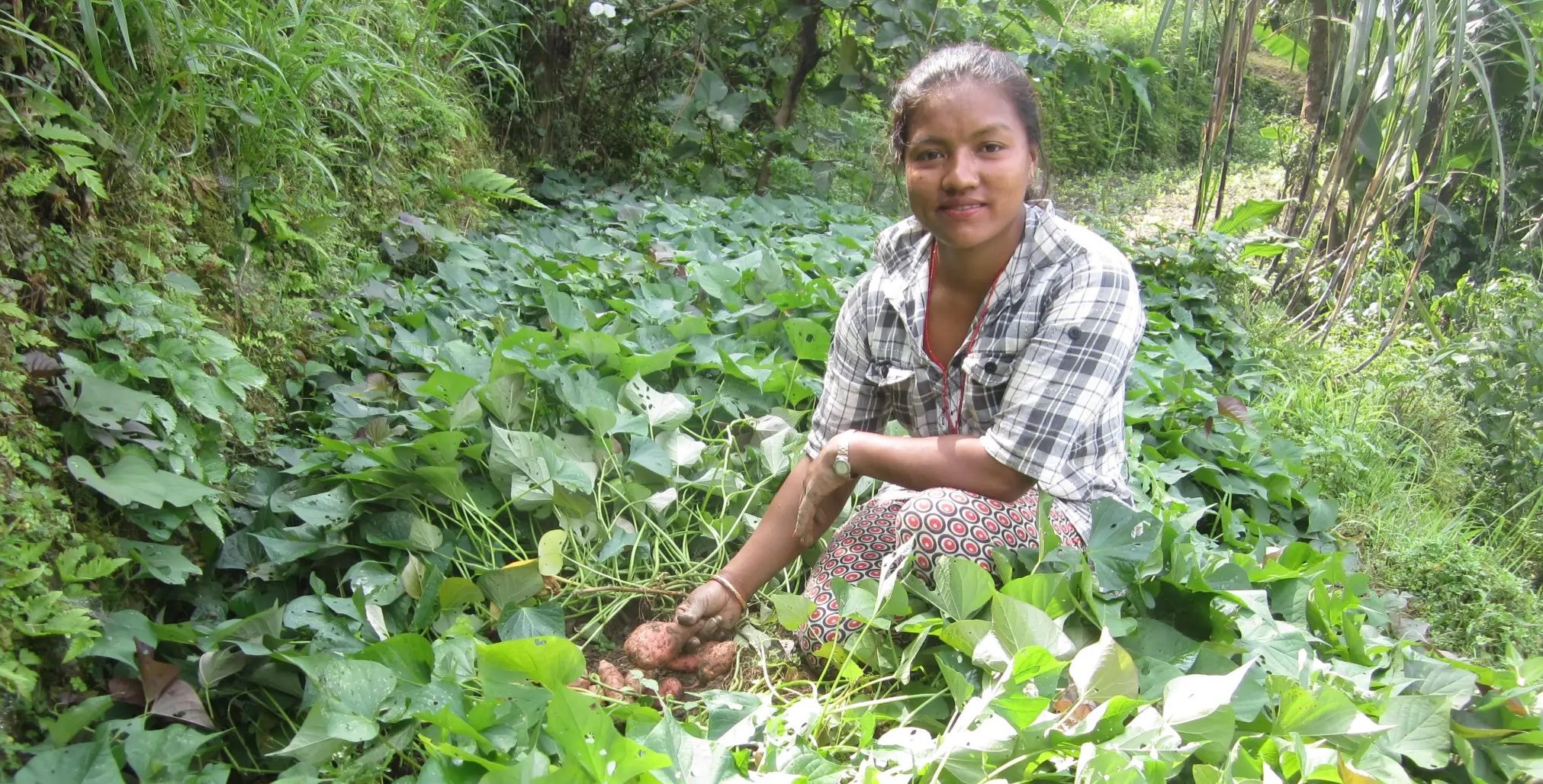
The Long View: Growing Preparedness and Resilience In Vulnerable Communities
After two years of living with COVID-19, we have all experienced the challenges of isolation, insecurity, supply-chain shortages, and distribution disruptions. But the problems many of us have experienced as difficult and demoralizing are often life-threatening for vulnerable people living in the neglected regions we serve. Shutdowns and disruptions have forced some of the poorest people to travel farther to buy more expensive food, or worse, to go without, because they cannot access a market.
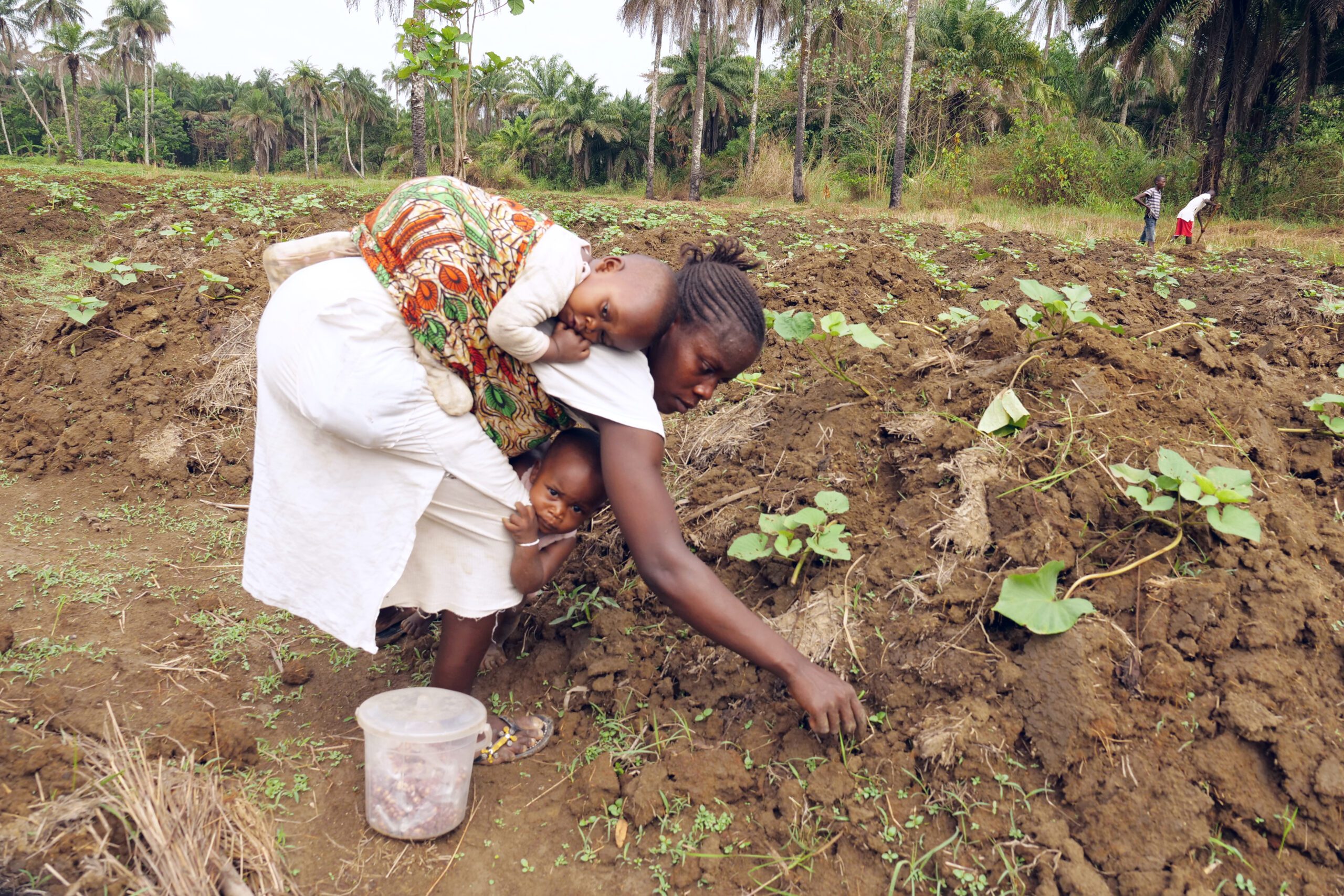
The impacts of COVID-19, combined with the ongoing challenges of conflict, poverty, and climate change, have left tens of millions of people around the world on the brink of famine. According to the United Nation’s World Food Programme, an estimated 270 million people will face potentially life-threatening food shortages this year – compared to 150 million before the pandemic.
The importance of investing in local supply of nutritious food
At Helen Keller Intl, we see the effects of this crisis first-hand. In response, we are intensifying our longer-term work to build up the local supply of safe and nutritious foods. The most nutritious and highly perishable foods, such as fruits, vegetables, and eggs are especially susceptible to shortages and price spikes when food supply chains are disrupted.
We empower the poorest communities in Africa and Asia with the education and resources needed to grow and raise their own nutritious foods. We work with local farmers and community organizations to establish Village Model Farms and Farmer Field Schools where women receive hands-on training in gardening and farming practices.
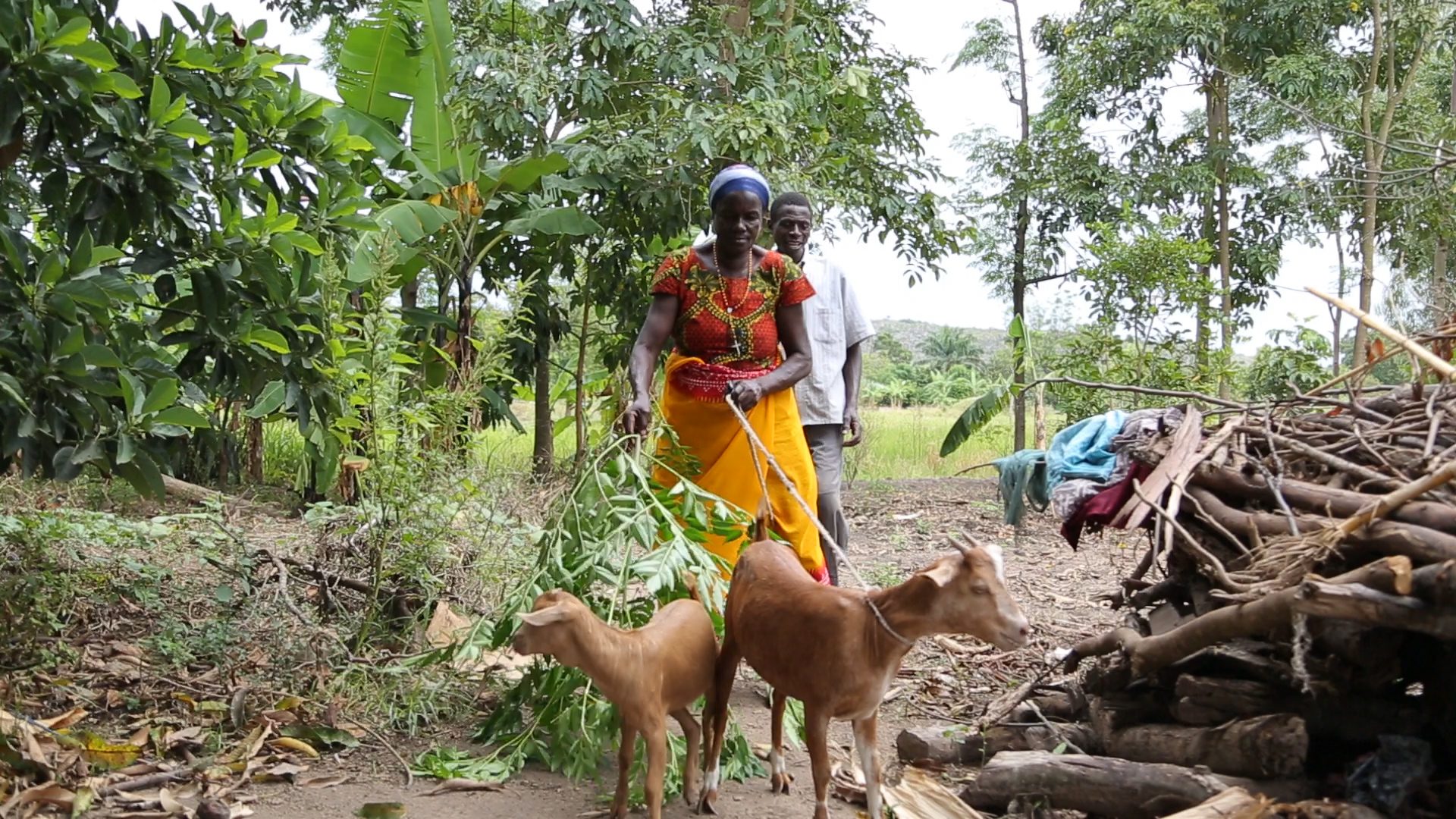
While Helen Keller has been investing in homestead farming for years, COVID-19 is showing us the value of that groundwork. We have spent over a decade preparing our most vulnerable communities for crisis, providing training and tools for agriculture, nutrition, hygiene and entrepreneurial skills. By creating micro-farms and community gardens and improving and enhancing current farm practices, we help to build localized resilience for times of crisis.
According to the Food and Agriculture Organization of the United Nations, agroecological farming techniques like ours create a more sustainable relationship between the farmer and the land – one that is in line with building a climate-resilient future.
The results are astounding: Local farming methods work
We know these methods work – the results are overwhelming. In areas of great risk, such as in Nepal, Senegal, Tanzania, and Vietnam, we are intensifying support to local agriculture for the production of nutritious foods.
This work has been impacting women and families for over a decade. In a series of stories, we’ll be highlighting how we work in various communities to sustain a supply of nutritious foods.
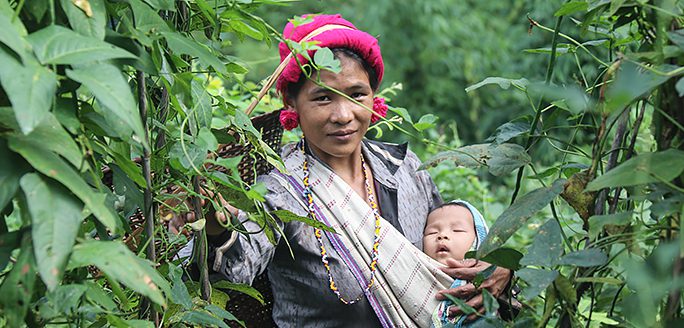
Our global community of compassionate individuals is already making a difference – but there’s so much more to be done. We can change the future if we respond effectively and powerfully now.
